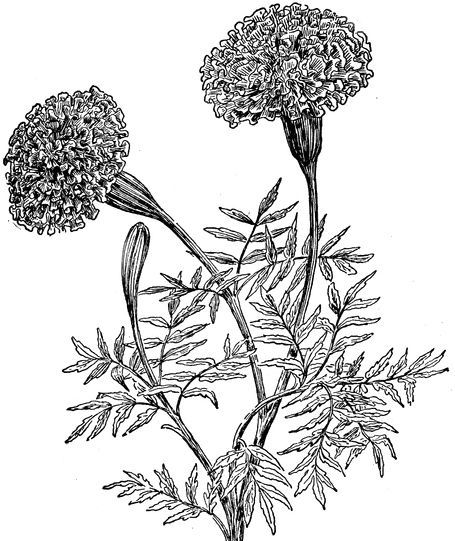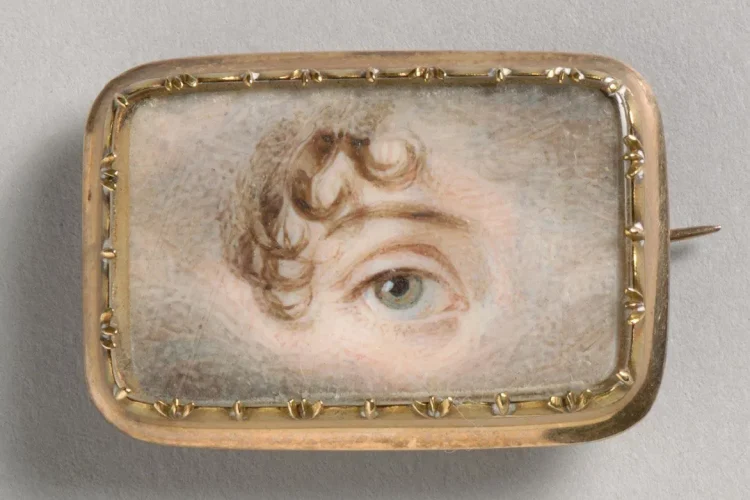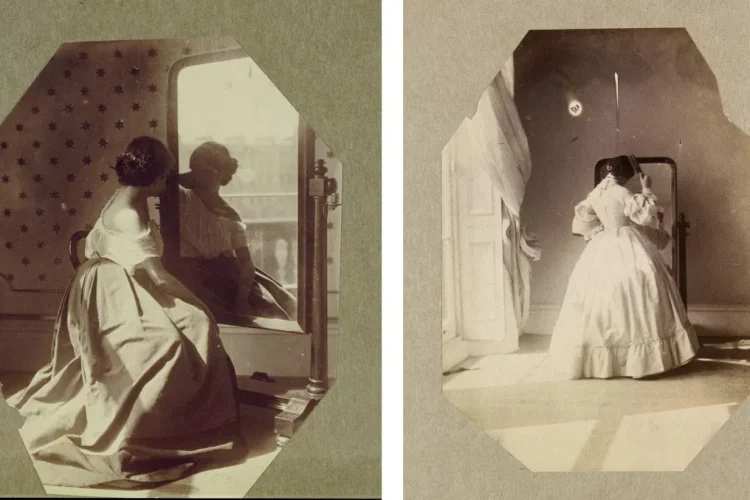S.B., Loma Linda, USA
Hey Diana, I picked up your newest book and as excited as I am to read it, I actually found myself returning to Ghost Of. My sister died in a car crash this January and rereading your book helped me process what I’m feeling. I am not writing at the moment, but I’m looking forward to returning to reading and writing as a source of joy. I don’t really have a question, I just wanted to say thank you.
S.B.
DKN:
Dear S.B.,
Your letter is heartbreaking—my heart goes out to you and I’ve been carrying the sorrowful news about your sister’s sudden, tragic passing and I’m offering you tenderness during this time of grief.
I remember getting the call about my brother’s sudden death: I was still in bed, groggy from a dream uncaptured. My only response was to sob—the phone call with my mother was brief. The days and weeks that followed: logistics (my own travel), then seeing to my brother’s accounts, preparing photographs for the funeral. I felt alert, like I was in a new country, except I was revisiting a home I knew well, surrounded by family members I’d known for decades, and yet everything was alien.
In the years leading up to his death, I’d been somewhat adrift, writing off and on, no focus on any kind of future. But after Oliver’s death, I started my life over: exited a toxic relationship, moved to a new state, made several personal resolutions (stay alive, take care of myself and my work first—something I hadn’t been doing). I definitely wasn’t writing. It seemed to me that being alive was the hardest thing—as if this familial death opened up a kind of hole that was so huge, anyone could get sucked in, as if magnetic forces were at work. I had to walk in a semi circle to get past Oliver’s bedroom, instead of simply passing it in a straight line.
I share all this to offer you my own non-writing time of grief. When I did begin to dip back into creative work, it was nonverbal—engaging with photographs Oliver had cut himself out of, two years before his death. I filled in these voids with signs of spring in Denver, where I was living. Then only months later did I find words to pour into the space of loss.
It is my hope that you gift yourself gentleness for as long as possible—your body will let you know when it’s time to return to creative acts.
What you’ve shared has impacted me tremendously. I’m honored that my work has been with you for part of this grief time: honestly, the only reason I made my grief-work public via publication was the hope that it might keep others company in loss. I wrote the missing feelings I couldn’t find in current elegiac collections—but perhaps my searching was limited. I felt so lonely in these early months and years of sibling loss.
I’d like to share this poem by Tarfia Faizullah; years ago, she and I bonded about difficult families (this was before Oliver’s death; Tarfia had lost a sister when she was young). I didn’t know I’d be joining her in sibling loss.
Sending you so much light during this time.
The Interviewer Acknowledges Grief
-Tarfia FaizullahSister, I waste time. I play
and replay the voices of these
hurt women floweringlike marigolds or thistles.
Something lost, forgotten—
that picture of you, violinsewn fast to your shoulder,
bow in one hand poised
eternal. Again, the power’sgone out—tell me, what is
it to say I miss you? Because
you won’t grow breasts, neverfeel desire rippling across you
like bolts of silk these many
lithe men unshelf dailyfor my choosing. Because you
can’t reassure me I have
the right to ask anythingof women whose bodies won’t
ever again be their own. You
can’t blot away this utter, sooteddarkness. You don’t hesitate
when another birangona asks you,
Do you have any siblings?For decades, you’ve been
so small: a child tapping
on opaque windows. Now,through the veranda’s black
iron bars, I see you, dark
silhouette hurrying past,a bagged red box dangling
from one slender arm—gift
for a lover or mother. Again,the generator shudders me back
into light. Isn’t this, Sister,
what I always said I wanted?






